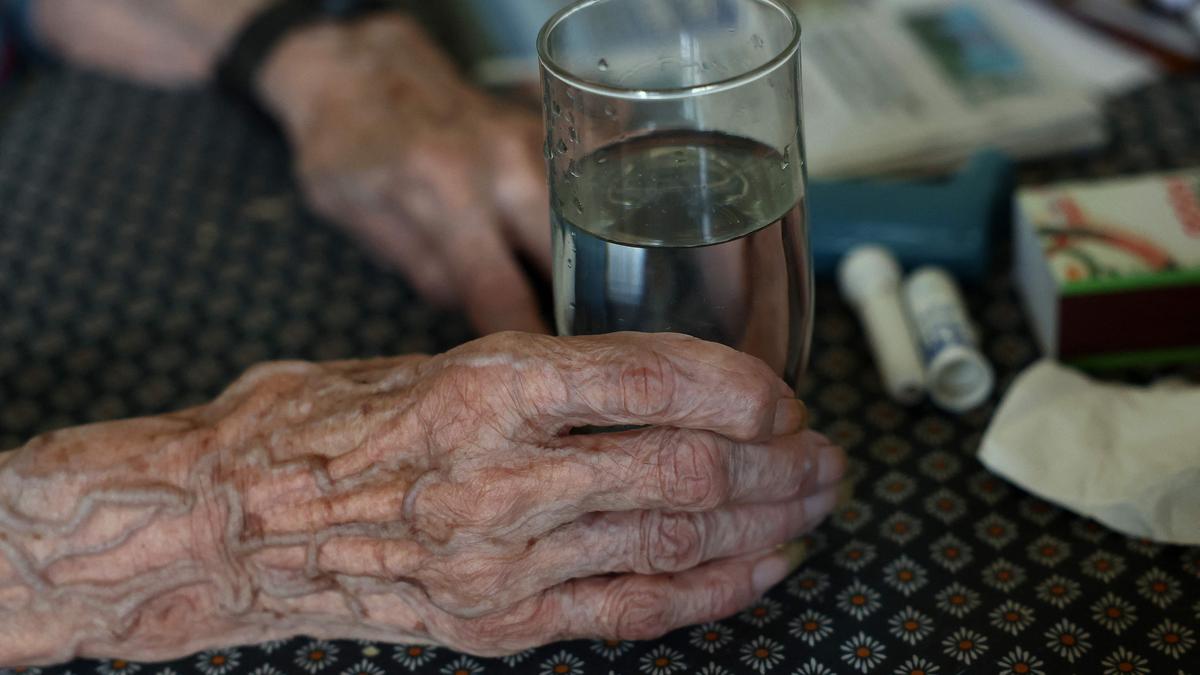
News
August 29, 2025
Centering elderly women: caring for the quiet majority
To truly support and empower elderly women in their health-seeking behaviours, India needs to move to more inclusive gender-sensitive health systems. Policies need to acknowledge the gendered path of Indian women and how these factors shape their ageing
**Centering elderly women: caring for the quiet majority**
India faces a pressing need to revamp its healthcare system to better cater to the unique needs of its elderly women. Experts argue that current policies often overlook the specific challenges faced by this often-silent demographic, hindering their access to quality healthcare and ultimately impacting their overall well-being.
The call for change centers on building more inclusive and gender-sensitive health systems. This means acknowledging the distinct journey of Indian women throughout their lives and understanding how these experiences shape their health as they age. Factors such as limited access to education, financial dependence, and societal expectations related to caregiving responsibilities all contribute to the specific health vulnerabilities of elderly women.
For instance, many elderly women in India have spent their lives prioritizing the health of their families over their own. This can lead to a neglect of their own health concerns, resulting in delayed diagnoses and treatment of chronic conditions. Furthermore, traditional gender roles can limit their autonomy in making healthcare decisions, often relying on male family members for permission or support.
The existing healthcare infrastructure often fails to address these nuanced needs. Healthcare providers may lack awareness of the specific health issues prevalent among elderly women, such as osteoporosis, dementia, and mental health challenges stemming from social isolation and widowhood. Furthermore, cultural barriers and a lack of female healthcare professionals can make it difficult for elderly women to comfortably seek medical attention.
The need for reform extends beyond simply providing medical services. It requires a holistic approach that considers the social, economic, and cultural factors that influence the health-seeking behaviors of elderly women. This includes empowering them with information about their health rights, providing accessible and affordable healthcare services, and fostering a supportive environment where they feel comfortable voicing their concerns.
By shifting towards a more gender-sensitive approach, India can ensure that its elderly women receive the care and support they deserve, enabling them to age with dignity and maintain a good quality of life. This includes training healthcare professionals to be sensitive to the specific needs of elderly women, developing targeted health programs, and promoting policies that address the social and economic inequalities that contribute to their health disparities. Ultimately, centering elderly women in healthcare policy is not just a matter of equity, but also a crucial step towards building a healthier and more equitable society for all.
India faces a pressing need to revamp its healthcare system to better cater to the unique needs of its elderly women. Experts argue that current policies often overlook the specific challenges faced by this often-silent demographic, hindering their access to quality healthcare and ultimately impacting their overall well-being.
The call for change centers on building more inclusive and gender-sensitive health systems. This means acknowledging the distinct journey of Indian women throughout their lives and understanding how these experiences shape their health as they age. Factors such as limited access to education, financial dependence, and societal expectations related to caregiving responsibilities all contribute to the specific health vulnerabilities of elderly women.
For instance, many elderly women in India have spent their lives prioritizing the health of their families over their own. This can lead to a neglect of their own health concerns, resulting in delayed diagnoses and treatment of chronic conditions. Furthermore, traditional gender roles can limit their autonomy in making healthcare decisions, often relying on male family members for permission or support.
The existing healthcare infrastructure often fails to address these nuanced needs. Healthcare providers may lack awareness of the specific health issues prevalent among elderly women, such as osteoporosis, dementia, and mental health challenges stemming from social isolation and widowhood. Furthermore, cultural barriers and a lack of female healthcare professionals can make it difficult for elderly women to comfortably seek medical attention.
The need for reform extends beyond simply providing medical services. It requires a holistic approach that considers the social, economic, and cultural factors that influence the health-seeking behaviors of elderly women. This includes empowering them with information about their health rights, providing accessible and affordable healthcare services, and fostering a supportive environment where they feel comfortable voicing their concerns.
By shifting towards a more gender-sensitive approach, India can ensure that its elderly women receive the care and support they deserve, enabling them to age with dignity and maintain a good quality of life. This includes training healthcare professionals to be sensitive to the specific needs of elderly women, developing targeted health programs, and promoting policies that address the social and economic inequalities that contribute to their health disparities. Ultimately, centering elderly women in healthcare policy is not just a matter of equity, but also a crucial step towards building a healthier and more equitable society for all.
Category:
Technology